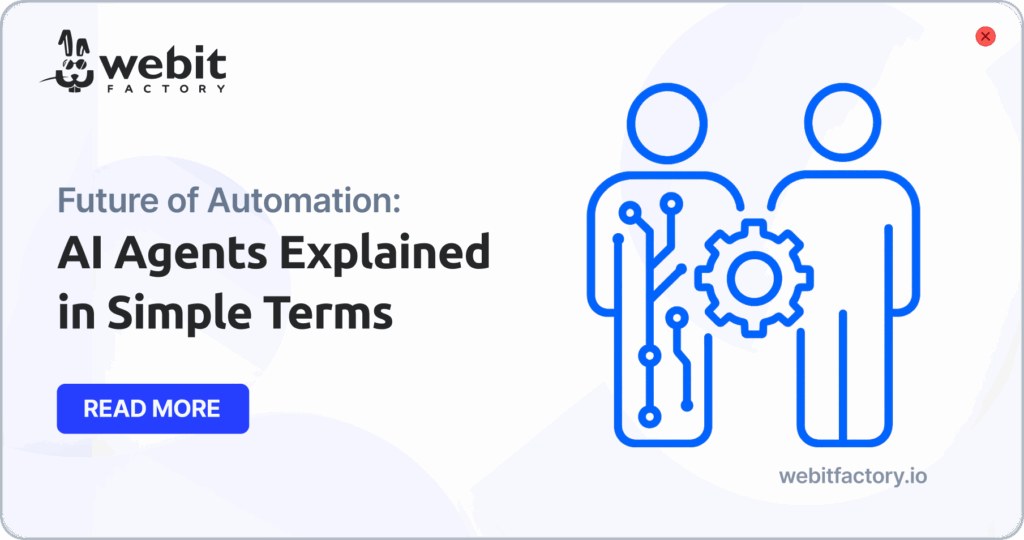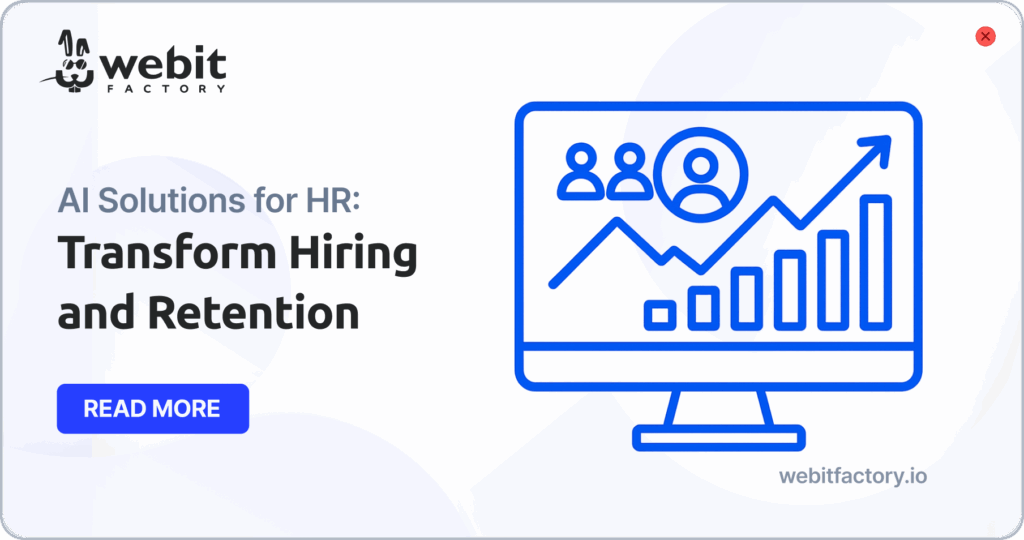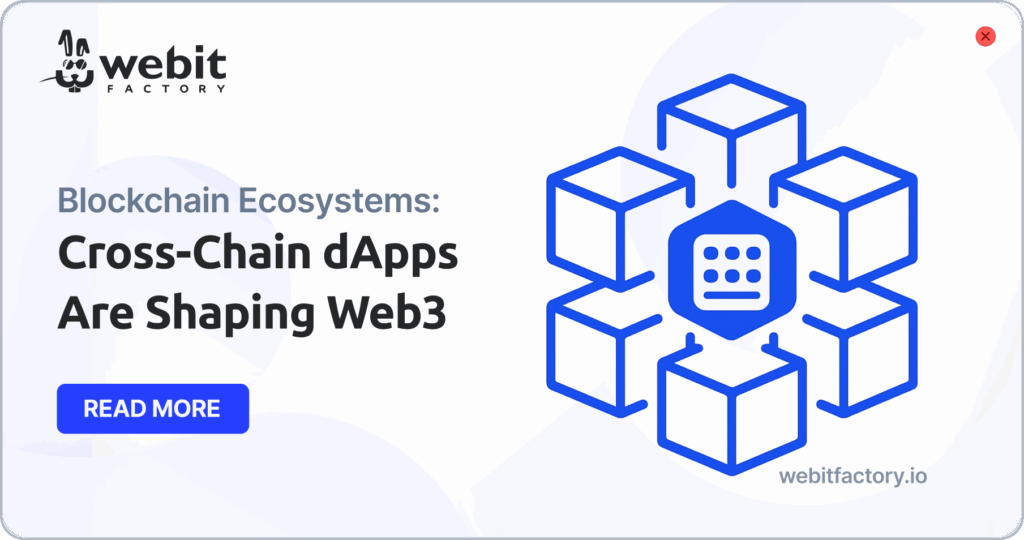Business Utilize Digitalization to stay ahead in an increasingly competitive landscape. The strategy and operating models of competitors are under tremendous pressure due to the relentless advancements in digital technologies and analytics. Companies that embrace cutting-edge solutions and innovative operational methods generate significantly more value than those that lag behind. To seize this opportunity, executives must rethink and reimagine every aspect of their business—from core operations to overarching strategy. Digital transformation isn’t just an option; it’s the key to long-term success.
Summing it straightforwardly, digitalization is the process of integrating new technology into an organization’s operations to improve every facet of it. Enhancing technical and engineering procedures, customer support, payment methods, invoicing, and supply chain administration are all included in this. Recent years have seen the digital revolution have an impact on almost every industry, proving that digital transformation can improve almost all daily operations.
For those that have mechanized previously expensive and time-consuming business operations, the advantages of the digital revolution are clear. However, putting such changes into practice can be difficult. If business digitalization is not managed effectively, it can cause significant disruptions to all or most corporate processes. Digital transformation carries a genuine risk of impairing an organization’s operations if professional counsel is not obtained. As a result, a lot of businesses choose to collaborate with digital transformation consultancies to successfully manage this difficult process.
Modernizing core business operations and creating new digital business models—especially those reliant on digital platforms—are competing strategic objectives for leaders to balance. They also expedite the process of formulating strategies, moving from the customary yearly planning schedule to a continuous one that enables them to respond to new developments faster.
Curious how can we elevate your business together?
Top businesses utilize digitalization:
Since 1989, ScienceSoft has been in the IT industry, collaborating with clients to create digital transformation strategies focused on:
- Enhancing inefficient processes that consume excessive time
- Automating tedious, low-value tasks
- Reducing risks in unstable supply chains
With experience delivering digital transformation in over 70 countries, ScienceSoft has specialized knowledge in finance, manufacturing, healthcare, and retail sectors.


Nestlé, the world’s largest public food company, embarked on a significant digital transformation to advance and scale their operations. Their strategy, named ‘Vision2Life,’ aimed to:
- Deliver value to IT service users
- Maintain global alignment while operating locally
- Integrate product management with business stakeholders
- Transform the IT department into an innovator, not just a service provider
In their annual investor report, Nestlé emphasized that these changes were focused on generating business value through data and technology. Their goal is to enhance customer experience through engagement and more efficient operations, leveraging advanced technologies like AI. Nestlé aims to achieve this by “creating channel-less ecosystems, advancing always-on analytics, expanding connected operations, and supporting sustainability.” They partnered with WalkMe to enhance employee digital adoption and drive organizational transformation.
To enhance customer value and internal growth, Swedish streaming platform Spotify focused on customer engagement metrics and revamped its internal structure. After successfully broadening their offerings to include podcasts, live audio, and audiobooks, Spotify realized that further transformation was beneficial.
In the initial phase, Spotify completely redesigned its team structure. This resulted in an organizational layout that promotes creativity and experimentation. Each product in the Spotify ecosystem is managed by a team of individuals with diverse expertise.
This approach brings together varied skill sets, leading to exceptionally well-crafted products that improve user experience, which is key to successful digital transformation.

In 2015, Sephora took a bold step towards innovation by converting one of their warehouses—originally used as a testing site for store layouts—into a digital transformation hub.

This hub focused on creating digital solutions that enhance customer experiences both in-store and online. Sephora introduced several new features, including:
- The Pocket Contour app, which offers contouring tutorials tailored to users’ face shapes
- Beacon-driven notifications (IoT devices) to send timely, personalized alerts to in-store customers
- Sephora Flash for super-fast, free shipping
- The Virtual Artist app (2016), which employs augmented reality (AR) to allow users to virtually try on makeup before purchasing
These innovations created a seamless and personalized customer experience, providing a true omni-channel experience.
To enhance customer experience, UPS has implemented a thorough series of upgrades. With decades of investment in technology and IT infrastructure, UPS is well-versed in digital transformation.
UPS achieved exceptional on-time delivery rates during the COVID-19 pandemic, despite a decline in industry standards.
In 2018, UPS committed $20 billion to e-commerce, focusing significantly on data and analytics command centers equipped with IoT sensors, cameras, and Network Planning Tools (NPTs).Moreover, UPS introduced ‘ORION’ – “on-road integrated optimization and navigation,” a fleet telematics system that uses sophisticated algorithms to continually optimize delivery routes for:
- Distance
- Fuel
- Time
- Environmental impact
For more examples, here is the blog.

For one thing, we’ve learned that a customer-centric approach is the key to success. These enterprises strayed from the traditional business model that follows a typical ‘spray and pray’ approach— mass production and mass distribution.
However, the other element shared by these companies’ digital transformation journeys is data. All seven enterprises provided their employees with copious amounts of customer data and implemented systems that improved their workflows.
This shows that digital transformation begins when employees are empowered with systems and technologies that enable new levels of efficiency. Additionally, following the changes they made to their business models, each of these enterprises experienced significant data-fueled growth based on exceptional user experience.
Are you drawn to digitally transform your business?
Related Articles

AI Agents Explained in Simple Terms
Discover what AI agents are, how they work, and why intelligent agents are reshaping automation across industries.

AI Solutions for HR That Transform Hiring and Retention
AI solutions for HR are transforming hiring and retention with faster recruitment, better cultural fit, and lower turnover rates.

Cross-Chain dApps Are Shaping Web3
Cross-chain dApps are shaping Web3 by streamlining UX, improving contract monitoring, and bridging fragmented blockchain ecosystems.
